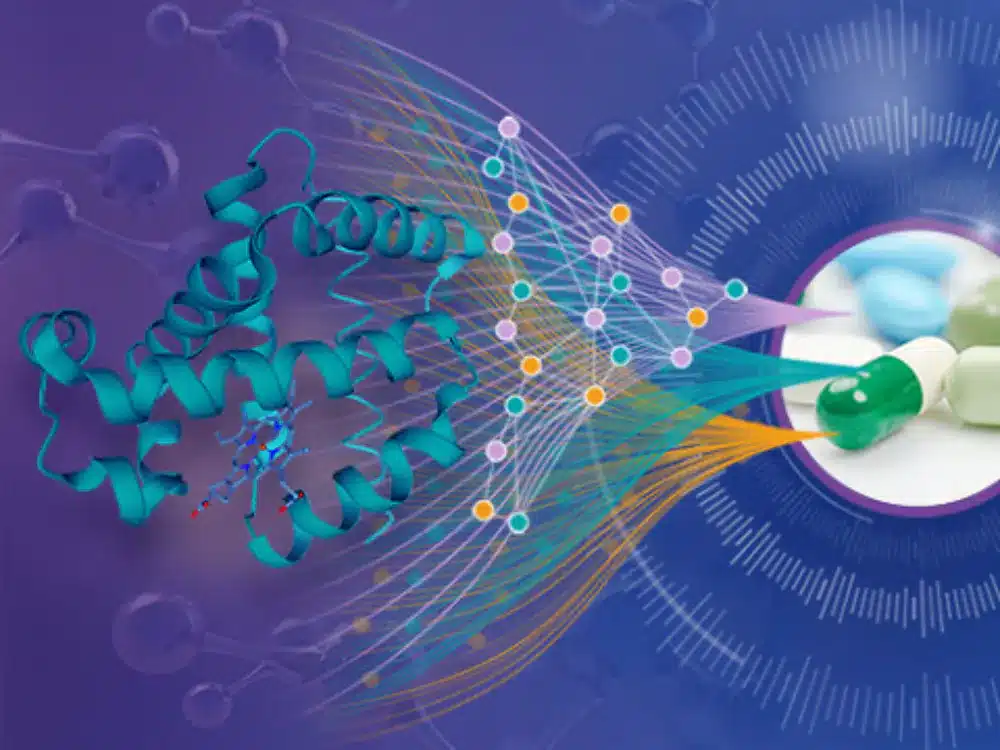3 DAY ONLINE HANDS-ON WORKSHOP
MD Simulation & Post MD Analysis
Running the GROMACS Simulation for Protein-Ligand Complex
- December 27-29, 2024 | 07:00 PM - 09:00 PM IST
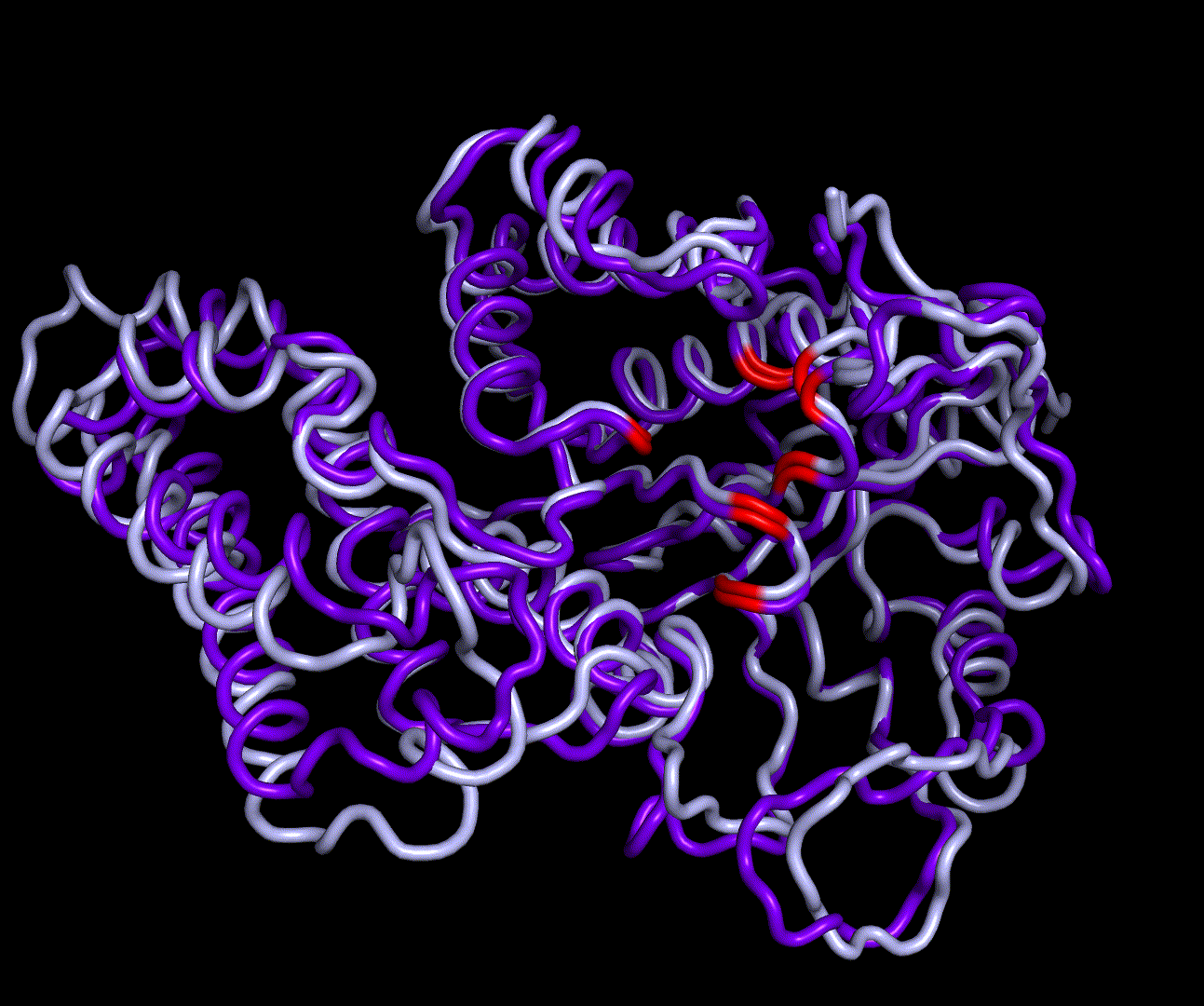

Intensive Learning

Hands-On Exercise

Interactive Sessions

Individual Practice
Introduction to Workshop
MD Simulation and Post MD Analysis are essential techniques in computational chemistry and molecular biology, offering deep insights into the behavior of molecules at the atomic level. Molecular Dynamics (MD) Simulation involves simulating the physical movements of atoms and molecules over time, allowing researchers to study the dynamics of molecular systems under various conditions.
During an MD simulation, atoms and molecules interact according to predefined force fields, providing a time-resolved picture of molecular motion. This process is invaluable for understanding complex biological processes, such as protein folding, enzyme catalysis, and drug binding. Python, with its powerful libraries like MDTraj and MDAnalysis, is commonly used to perform Post-MD Analysis, where the simulation data is analyzed to extract meaningful insights.
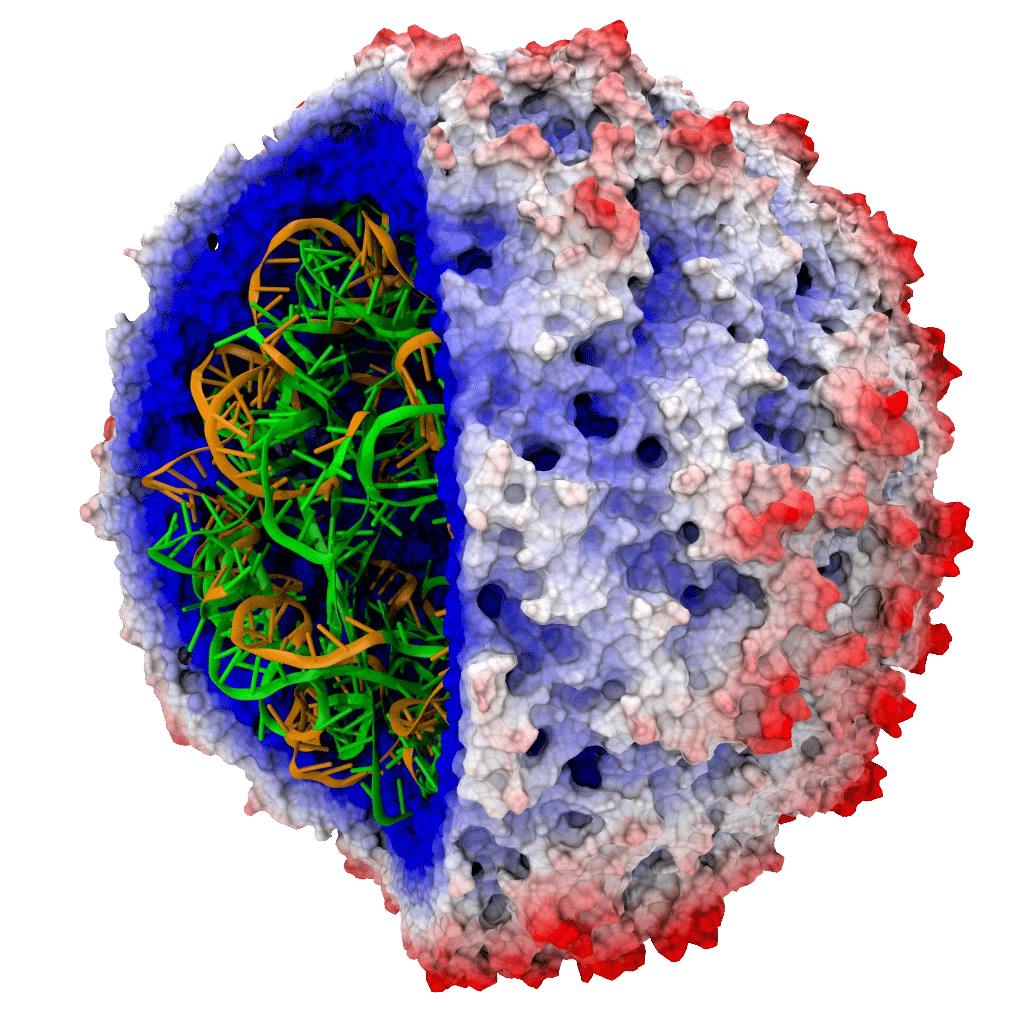
Applications of MD Simulation and Post MD Analysis
In this section we are discussing some of the potential areas of application of MD Simulation and Post MD Analysis & how it can be helpful in these areas to carryout analysis.
Drug Discovery and Development
MD simulations are crucial in drug discovery, helping researchers understand how drug candidates interact with their target proteins at the molecular level.
Protein Folding and Misfolding Studies
Understanding how proteins fold into their functional three-dimensional structures is vital for many biological processes.
Material Science and Nanotechnology
In material science, MD simulations are used to study the atomic and molecular behavior of materials under different conditions, such as temperature, pressure, and stress.
Membrane Protein Dynamics
MD simulations are used to explore the dynamics of membrane proteins, such as ion channels and receptors, within lipid bilayers.
Enzyme Mechanism Elucidation
MD simulations help in understanding the dynamic behavior of enzymes during catalysis, including substrate binding, product release, and conformational changes.
Different Types of Analysis
Majorly, there are 3 different types of analysis using MD Simulation and Post MD Analysis so below we have tried to list them down to help you take better decision if this masterclass will be relevant for your learning and be helpful in your intended area of research.
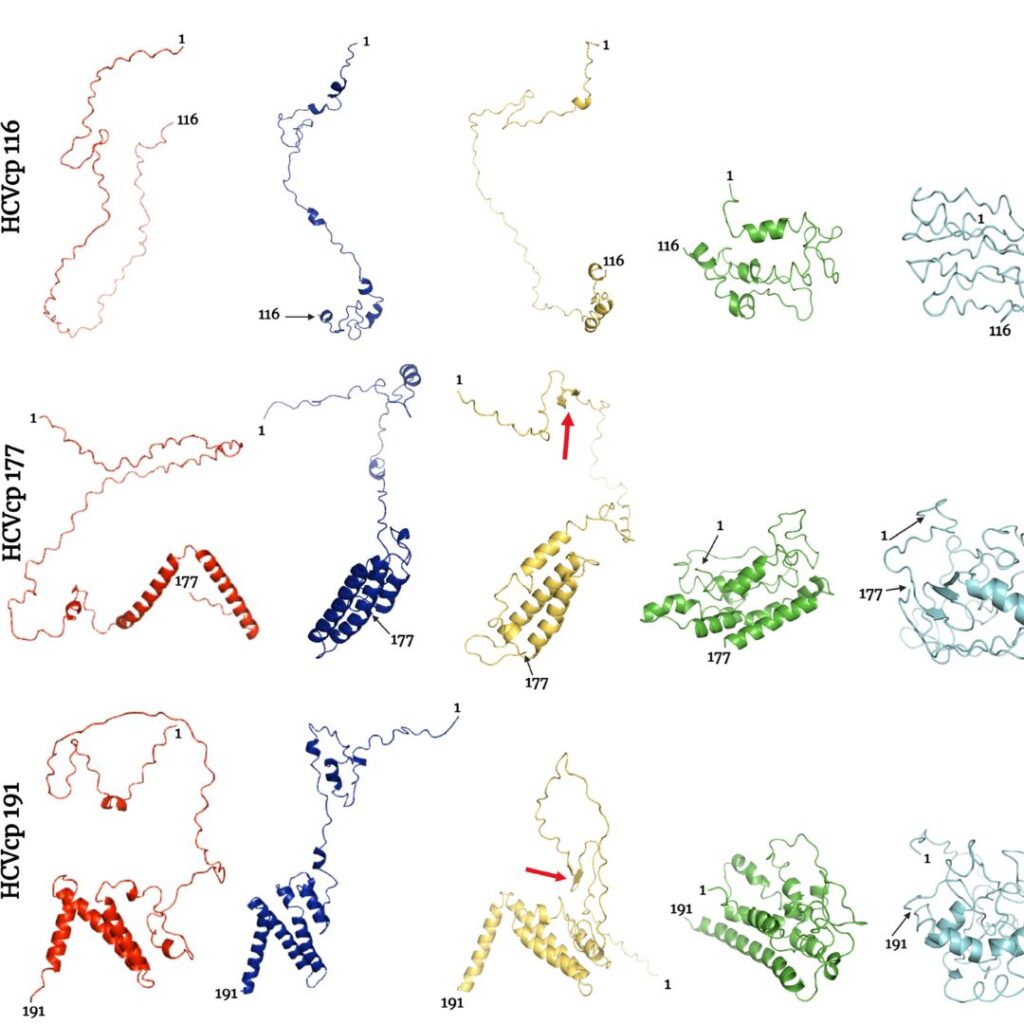
Structural Stability Analysis
Structural stability analysis involves evaluating how stable a molecular structure remains over the course of a simulation.
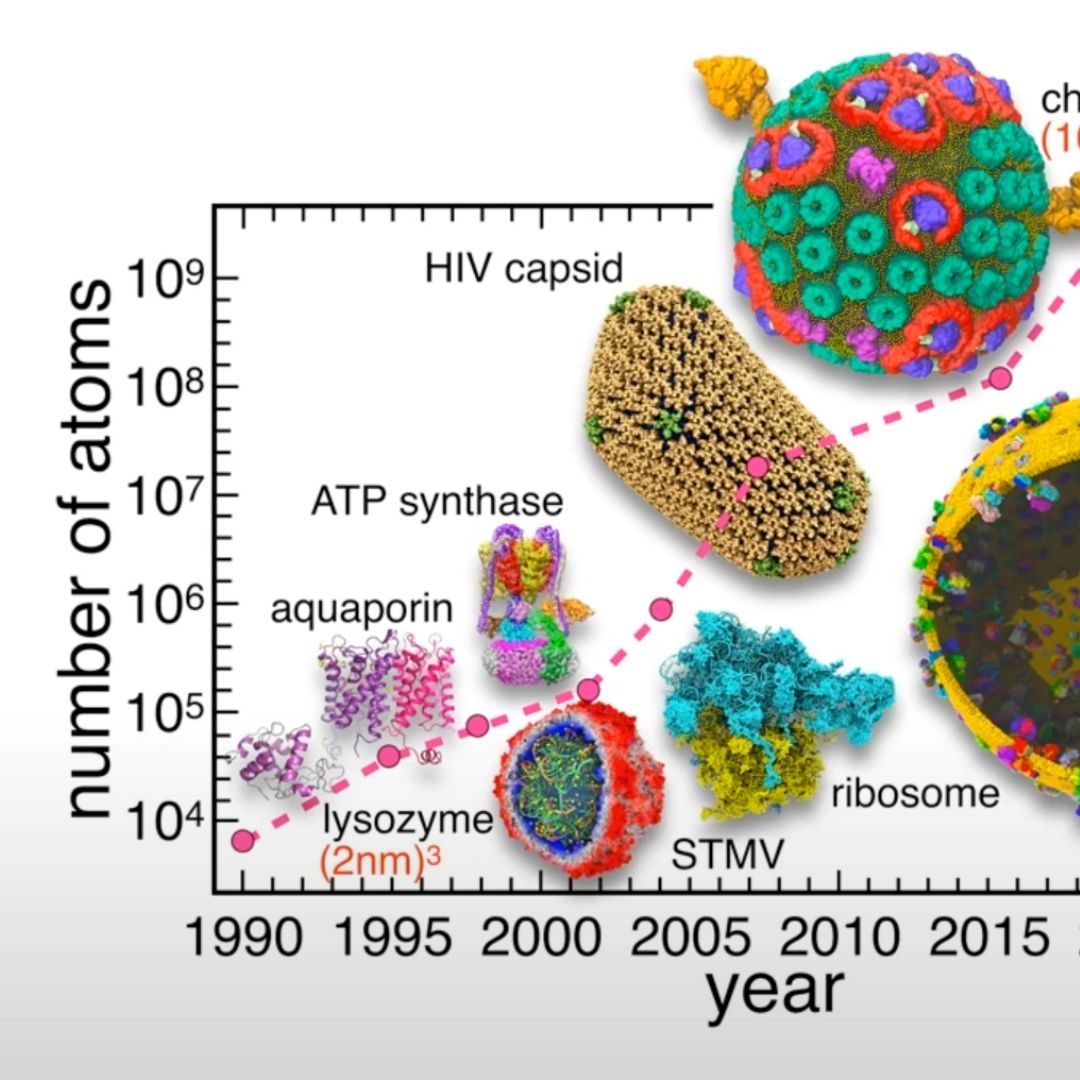
Binding Energy Calculation
Binding energy calculations are used to estimate the strength and stability of interactions between two or more molecules.
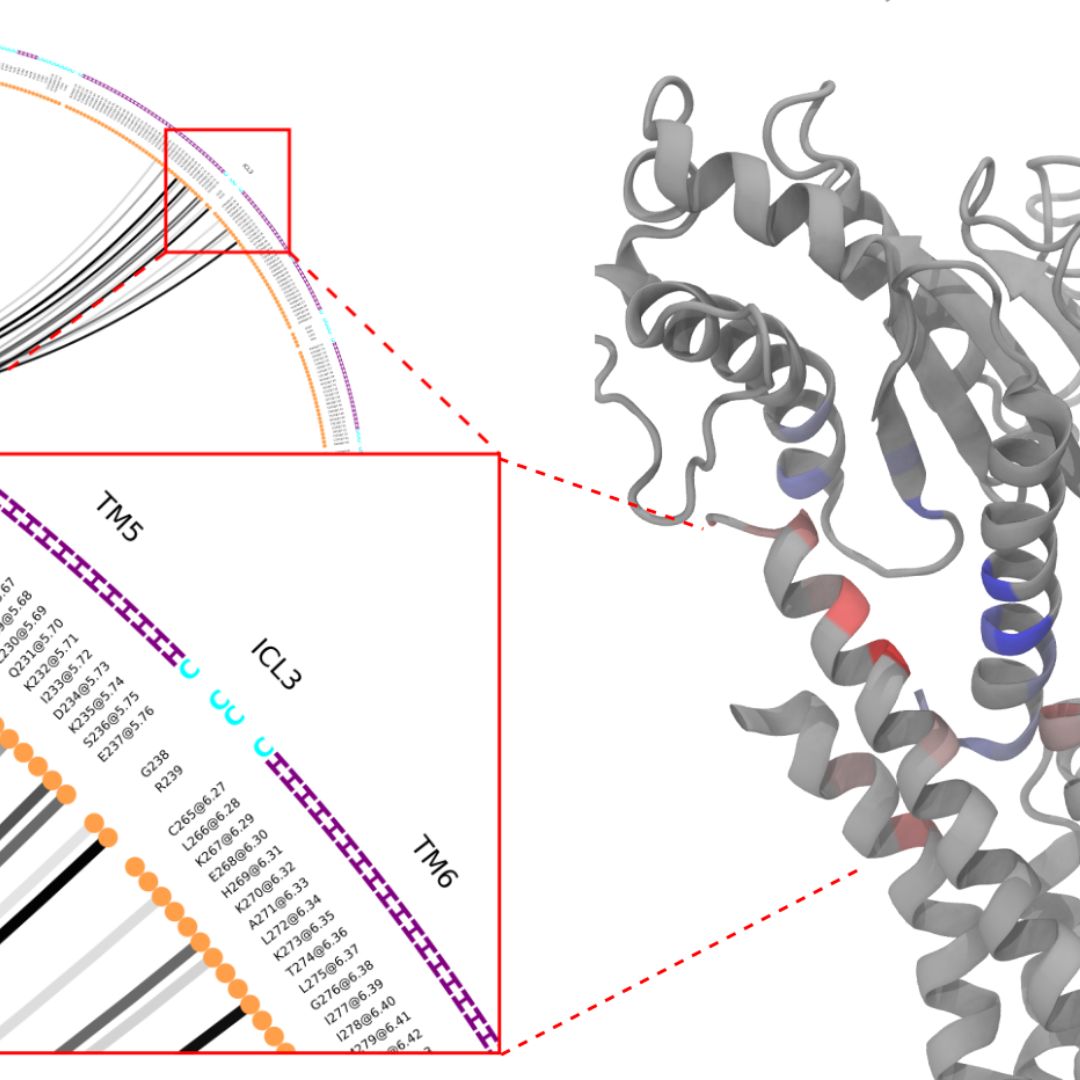
Hydrogen Bond Analysis
Hydrogen bond analysis focuses on identifying and quantifying hydrogen bonds formed during the simulation.
Detailed Agenda of The Workshop
Post-MD Analysis focuses on interpreting the results of MD simulations. It involves calculating properties such as root mean square deviation (RMSD), root mean square fluctuation (RMSF), and radial distribution functions (RDF), which help in understanding the stability, flexibility, and interactions within the molecular system. Visualization tools in Python also play a crucial role in presenting these results in an interpretable format, facilitating further research and development.
Topics Covered
- Setting-up the system.
- Energy Minimization
- Equilibration 1 & 2
- MD Run
- Result Interpretation – RMSD, RMSF, ROG, Interaction Energy, SASA
- Setting-Up MMPBSA system
- Running MMPBSA Analysis
- Running Principal Component Analysis (PCA)
- Setting-up Free Energy Landscape Analysis
- Running the Analysis
Take Away From The Workshop
MD Simulation and Post-MD Analysis are pivotal for advancing our understanding of molecular mechanisms. By leveraging these techniques, researchers can design better drugs, optimize materials, and gain insights into fundamental biological processes. Python’s flexibility and extensive libraries make it an ideal choice for conducting and analyzing MD simulations, driving innovations in various scientific fields.
Apart from the topics mentioned above there are a few extra things which you can take away from this bootcamp, which will be adding more value to your work
An introductory theory document to help you better understand the subject will also be provided.
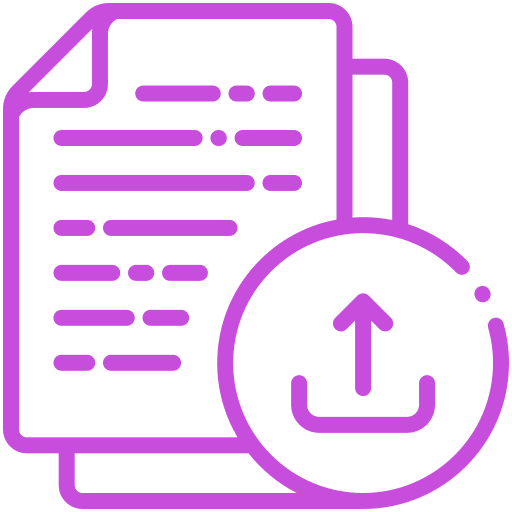
After the completion of the session complete access to the trainers slide deck will also be provided

We will also be providing a complete access to trainers repository so that you can use it as reference later

During the course of 3 days we will be have live8+ hourse of training sessions with the participants.

Hands-On exercises are a must to better learn any technology and be able to reproduce it later.

A Participations certificate is a must after successfully completing the training as a sign of accomplishment.

Expected Outcomes of the Workshop
After completing all the tasks of this masterclass all of our participants will be able to:
MD simulation and post-MD analysis provide detailed insights into how molecules, such as proteins or nucleic acids, change their structure over time.
MD simulations allow researchers to explore the detailed mechanisms by which biological processes occur at the molecular level including enzyme catalysis reactions
Through binding energy calculations and interaction analyses, researchers can predict the strength and stability of interactions between drug candidates and their target proteins.
By analyzing the stability of molecular structures over time, MD simulation and post-MD analysis help determine whether a molecule remains functional under physiological conditions.
Registration Fee
Terms & Conditions
- All fee paid is not refundable so please read all the terms & conditions before making any payments. If you still have any doubts please contact us and confirm and then only make the payment.
- Participants need to bring their registration tickets along with a valid Institutional ID, then only they will be allowed to attend the session. Please reach out to our team in case of any exceptions.
- Please fill all your details in the form correctly as those details will be used in your certificate as well.
- Participants need to bring their own computer (laptop) system for the program.
- The software tools and other required software tools will be provided from our side for the purpose of this program.
- Participants need to reach the venue and report 30 minutes prior to the start of the sessions.
- Participants need to wear masks all the time inside the premises and abide by the other rules at the premises.
- Particpants need to attend all the sessions in order to be eligible for getting the certificate.
- Welcome email will be sent to all the participants with all the details related to the program. Please check your Inbox/Spam folder for the email.
- All the details of the software installations and how to prepare your system for the Program will be shared with all the participants in the Welcome Email itself.
Contact Us
We understand that you may have some questions before you make the payment for the course. Feel free to get in contact with us through the below given options.
Feel free to drop us a text on
For More Contact Information

